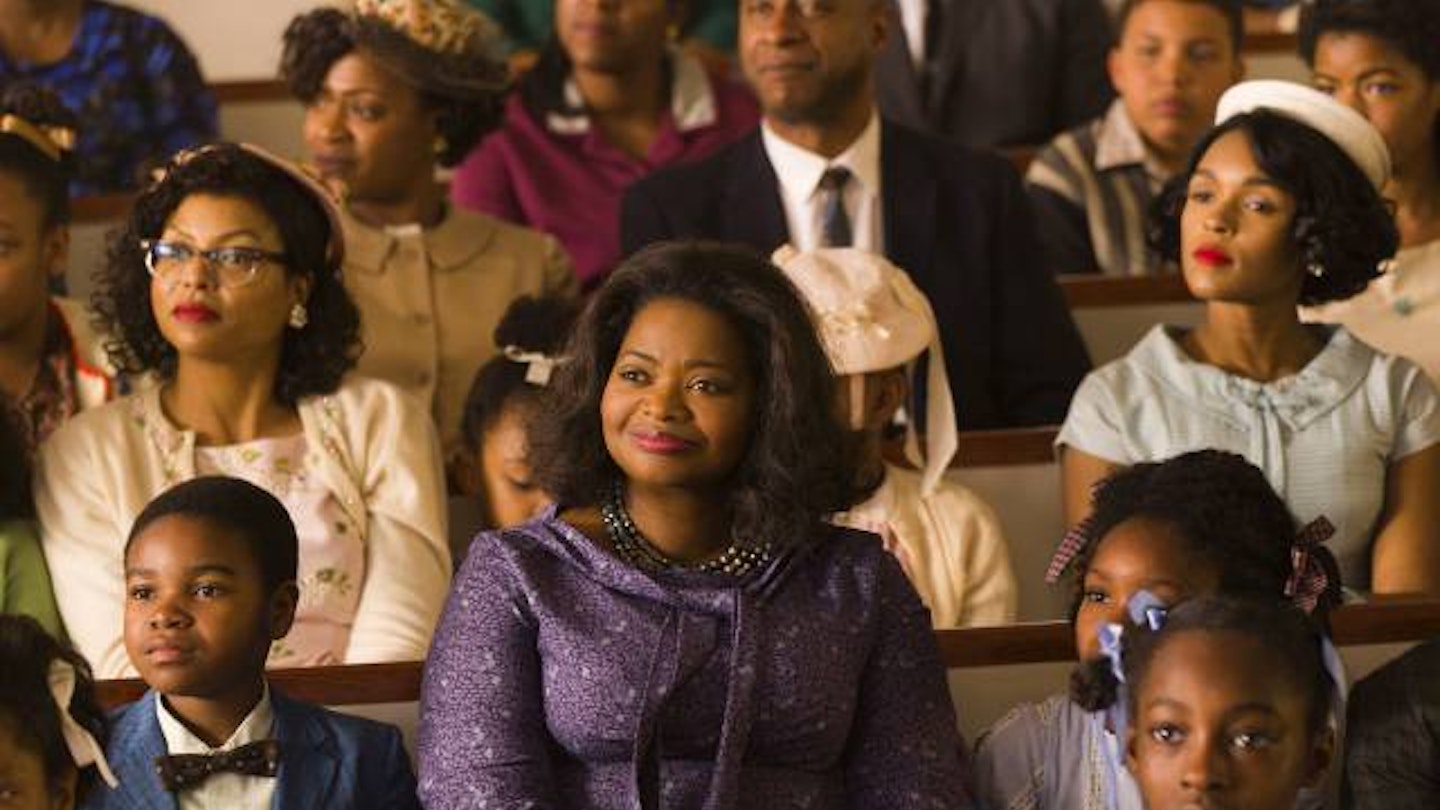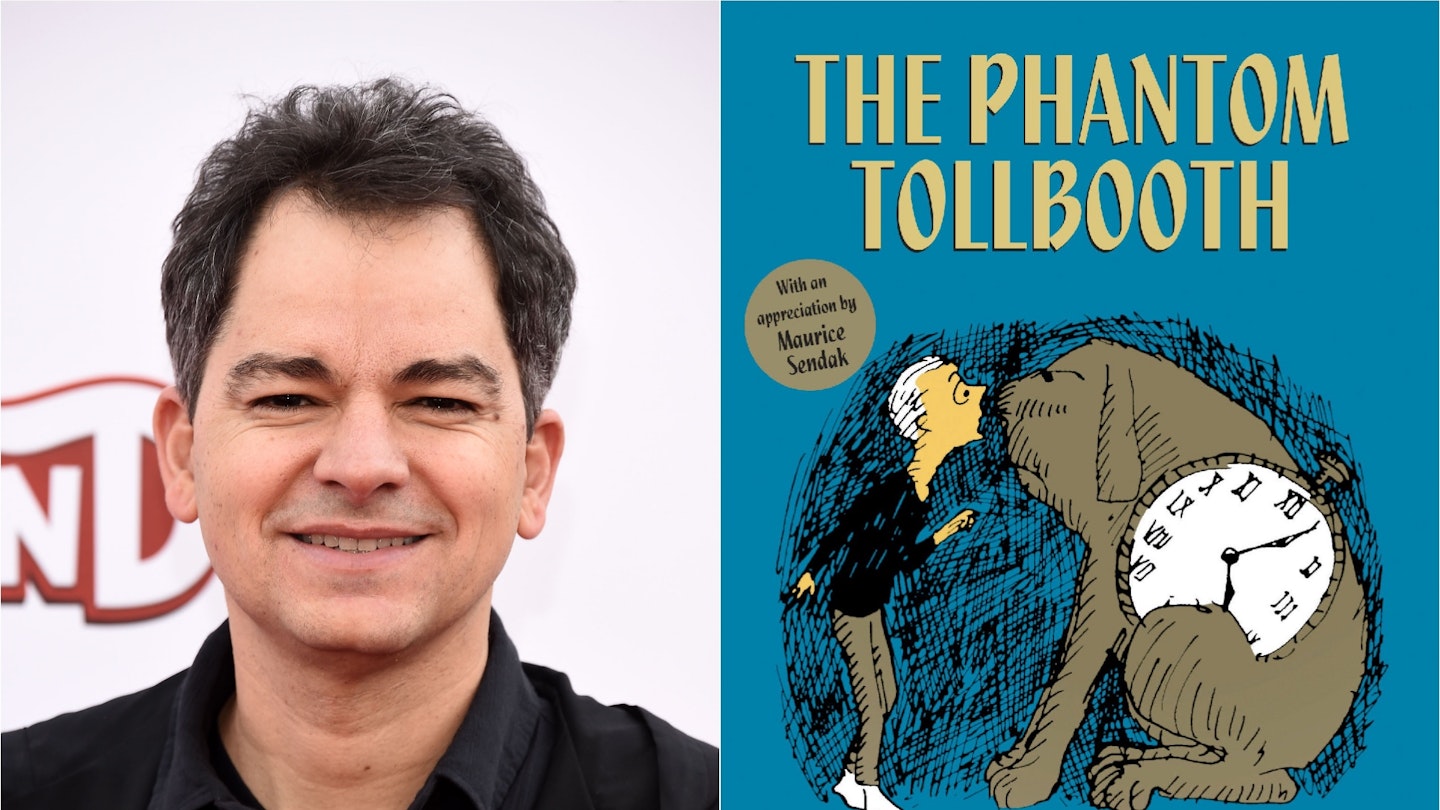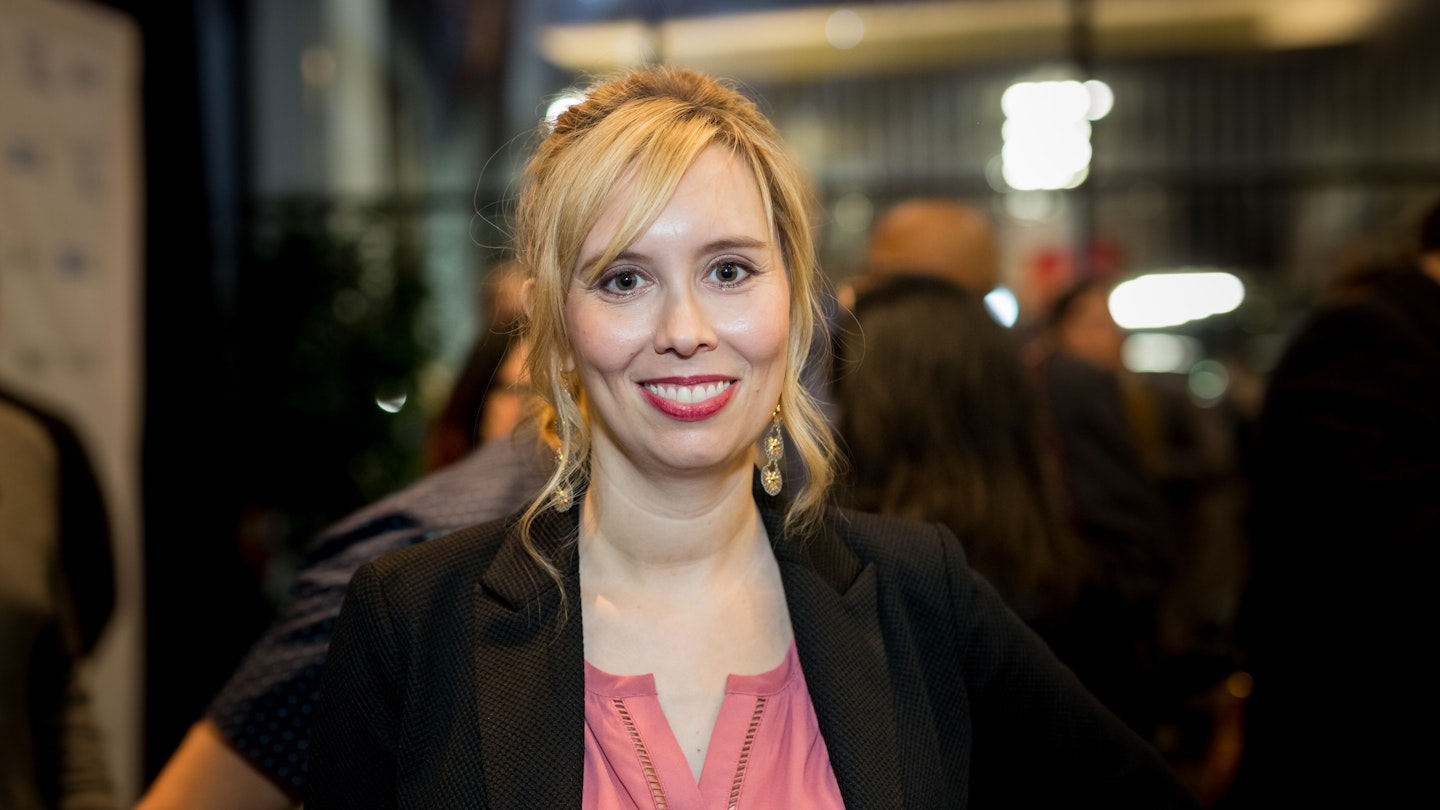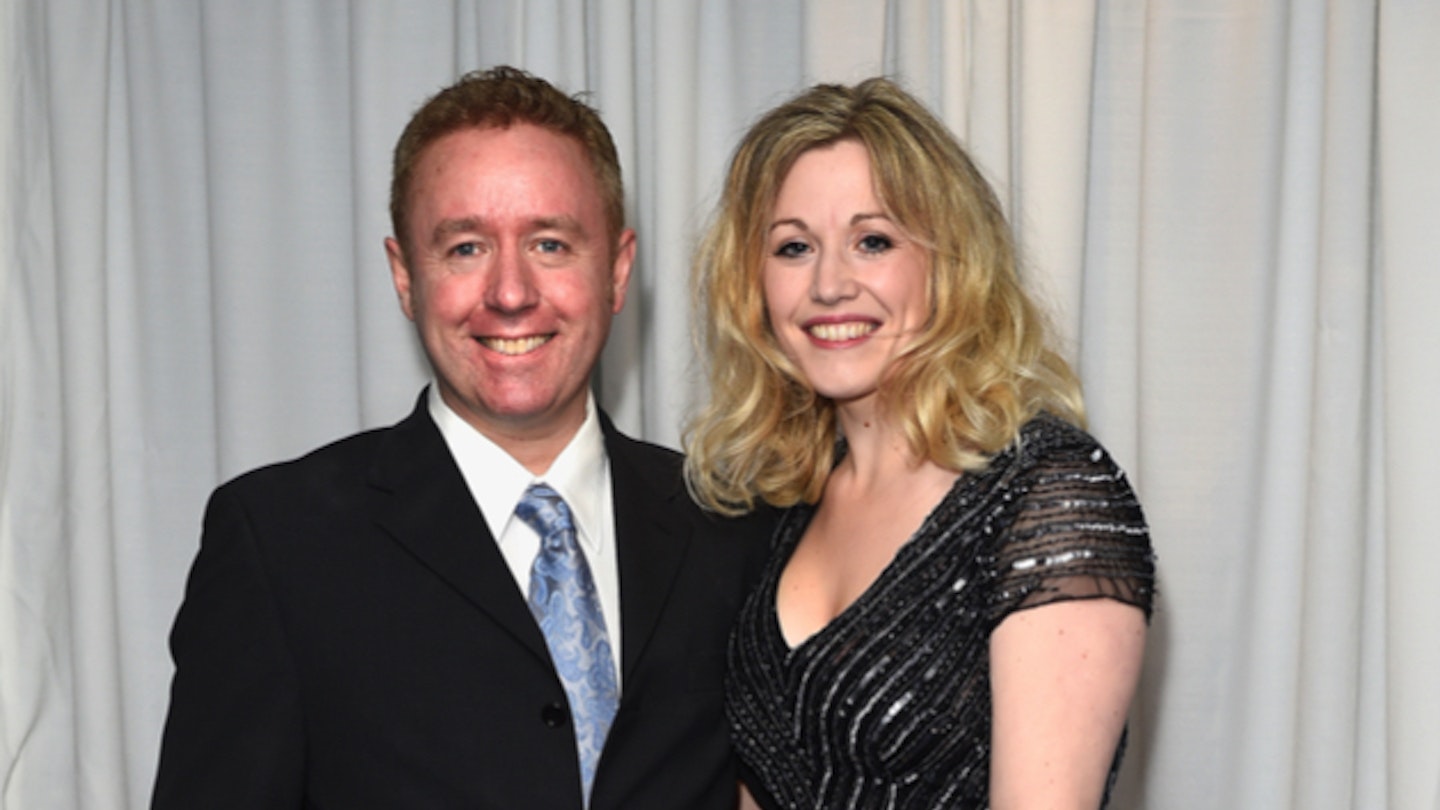We’ve crunched the numbers and it’s official: there could be no better time for Hidden Figures to come out. At a time when the United States is locked in turmoil, with racial divisions widening, misogny rife and science itself under fire, along comes the incredible true-life story of three female African-American mathematicians, or “computors” as they were known in the parlance of the time, who played crucial roles at NASA in the early 1960s. You’ve seen films about the Space Race before — but probably never one about space racism. Theodore Melfi’s film is both a thunderously effective feel-good experience and a reminder that even as we look to other planets, Earth still has a long way to go.
You’ve seen films about the Space Race before — but probably never one about space racism.
Despite the serious, potentially stodgy subject matter — this is a movie that deals with both prejudice and Cartesian coordinates — the material is handled with a light touch. The lead trio are introduced at the side of a road: their ride, a sky-blue Chrysler, has broken down and a police officer is nosing about, suspicious. These two obstacles are deftly overcome, revealing the traits of each of the heroines and establishing their tight bond. Mary (Janelle Monáe) is a quick-witted thrillseeker; Dorothy (Octavia Spencer) is practical and unflappable; Katherine (Taraji P. Henson) is quiet but needle-sharp. As they are drafted into NASA, in demand for their smarts as the agency races to beat Russia to the moon, they are split up and have fewer scenes together. But each of them brings a different kind of strength to the screen. Henson gets the A-plot, pulled out of an all-women pool of computors and dropped into the main event, the previously male-only, Caucasian flight research team. Despite her promotion, rhere she is still subject to all manner of demeaning rules: she cannot pour herself a drink from the communal coffee pot, she is not allowed to attend briefing meetings, and when she needs the toilet she has to jog for 20 minutes to a distant restroom. As she suffers these indignities stoically (there are perhaps one or two too many musical montages involving her legging it around the campus while clutching stacks of paperwork), you can see the pressure gauge inside her cranking up and up. The release, when it comes, is glorious.
There has been awards chatter too for her two co-stars, even if they don’t make quite so much of an impression. The drama is more rote in Spencer’s subplot, though she gets to deliver a couple of eloquent monologues. Monáe’s strand, meanwhile, involves her fight to get enrolled in a segregated school, and she is as good as she is in Moonlight, leavening the earnestness with flirty lines such as, “Equal rights mean I have the right to see the fine in every colour.”
Perhaps inevitably, it’s the supporting cast who get the thinnest material. Hidden Figures features more racist old white men than a Trump cabinet, and even the more fleshed-out secondary characters are still pretty broad. Dunst simpers and smirks as Dorothy’s supervisor, while Parsons (though perfectly cast for such a maths-heavy project, given his Big Bang Theory background) struggles to bring more than one dimension to his snippy egghead. Fortunately, Costner is present to bring both gravitas and heart to the NASA workforce. A waist-coated ballbuster, chewing furiously on gum and calculus problems alike, his Al Harrison is a great representation of an American idealist, slowly waking up to the fact he’s lost his moral moorings.
It’s unashamedly pitched at a mass audience — Pharrell’s poppy soundtrack drives that home — and if you’re allergic to clichés, you may want to pick up the non-fiction book upon which it’s based instead. But you’d be missing out on a moving, important and furiously upbeat tale for our times.



